By Hannah Stewart
Impunity Watch Reporter, Africa
JOHANNESBURG, South Africa — Eight South African police officers have been arrested over the death of a Mozambican man who was dragged through the streets behind a police vehicle.
The event took place in the east Johannesburg area of Daveyton. Moreover, the incident was captured on video, sparking outrage nationwide.
Mido Macia, a 27 year-old taxi driver was found dead in detention with signs of head injuries and internal bleeding. Police told media they had detained Macia after he parked illegally, creating a traffic jam, and then resisted arrest.
The video shows the man scuffling with police, who subdue him. He is then bound to the back of a vehicle by his arms before the vehicle drives, dragging him down the road as he struggles, in front of a crowd of witnesses. Crowds chased after the van as the man kicked and writhed. He later died in custody.
It is still unclear how many officers were involved in the incident. The police force stated that it will conduct an internal investigation, and said the Daveyton station commander was removed from his position “so that the investigations can proceed uninhibited.”
It was the latest in a series of scandals to hit South Africa’s police force in recent months.
For example, Hilton Botha, the lead detective in the murder investigation involving Olympic and Paralympic star Oscar Pistorius was removed from the case last week when it was revealed that he is facing seven charges for attempted murder. Botha is accused of chasing and firing on a minibus full of people while drunk in 2011.
Moreover, the police fatally shot 34 striking workers at a platinum mine in August 2012; this event was the deadliest security incident since apartheid ended in 1994.
This latest video footage of the taxi driver’s treatment has revived concerns about police brutality in a country where more than 1,200 people a year die while in custody. Furthermore, the scandal serves to undermine confidence in South Africa’s police force, which has expanded from 120,000 to nearly 200,000 over a decade.
For more information, please see:
BBC News – South Africa: Eight Police Arrested Over Drag Death – 1 March 2013
CNN – South Africa Disarms, Suspends Officers Linked to Man’s Dragging Death – 1 March 2013
Reuters – South Africa Suspends Eight Policemen Who Dragged Man Behind Vehicle – 1 March 2013
USA Today – South Africa: Officers in Dragged Man Case Suspended – 1 March 2013


